Sponsors & Exhibitors > Institutions
ISBS 2015 would not be organised without the invaluable support of the following partners:
- Academic Support
- Université de Poitiers
- Centre Nationale de la Recherche Scientifique
- Faculté des Sciences du Sport
- Faculté des Sciences Fondamentales et Appliquées
- ISAE-ENSMA
- Institut Pprime
- Robioss
- Ecole Doctorale SIMMEA
- European Support
- European Union
- European Regional Development Fund
- National Support
- Investissement d'Avenir
- ROBOTEX
- ANOPACy
- Société de Biomécanique
- SOFAMEA
- Local Support
- Conseil Régional Poitou-Charentes
- Conseil Départemenal de la Vienne
- Grand Poitiers; Ville de Poitiers
- Centre de Ressourse et de Transfert de Technonologie Sport et Loisirs
- CREPS de Poitiers
- Centre d'Analyse d'Image et de Performance Sportive
Links and descriptions for each support are available bellow.
|
ACADEMIC SUPPORT
|
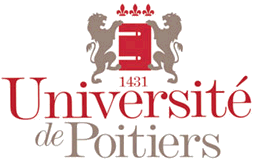 |
Université de Poitiers
The Université de Poitiers, founded in 1431, is one of the oldest universities in France. Today, the Université de Poitiers has 25,000 students and 2,500 faculty members and staff. It covers all major scientific fields. The University welcomes annually over than 4,000 foreign students from more than 270 countries. The University is developing high standard research in numerous fields thanks to its renowned research facilities. Research is organized in six thematic clusters, 48 certified laboratories and research facilities.
Additional information on the Université de Poitiers can be read on Wikipedia
|
|
|
|
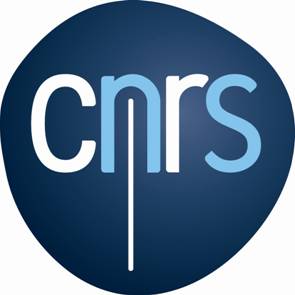 |
Centre National de la Recherche Scientifique
The Centre National de la Recherche Scientifique is a national public organization under the responsibility of the French Ministry of Education and Research. Founded in 1939 by governmental decree, CNRS has the following missions:
- To evaluate and carry out all research capable of advancing knowledge and bringing social, cultural, and economic benefits for society;
- To contribute to the application and promotion of research results;
- To develop scientific information;
- To support research training;
- To participate in the analysis of the national and international scientific climate and its potential for evolution in order to develop a national policy.
Additional information on CNRS can be read on Wikipedia
|
|
|
|
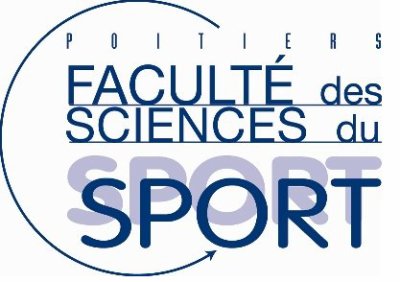 |
Faculté des Sciences du Sport de l'Université de Poitiers
The Faculté des Sciences du Sport includes more than 70 staff persons (academic, administrative and technical staff). Its focuses on the integration of exercise and physical activity into health care, sports performance, disease prevention and rehabilitation. More than 1,300 students are involved in Bachelor, Master and PhD programs.
Academics from the Faculté des Sciences du Sport are involved in four laboratories that cover researches in biomechanics, physiology, medicine, psychology, motor control, sociology, economy and management. Two of these laboratories are joint laboratories with the CNRS.
|
|
|
|
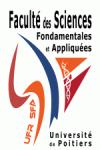 |
Faculté des Sciences Fondamentales et Appliquées de l'Université de Poitiers
|
|
|
|
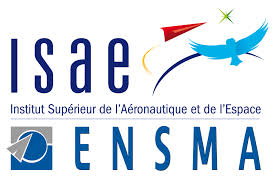 |
Ecole Nationale Supérieure de Mécanique et d’Aérotechnique
Since his foundation in 1948, ISAE-ENSMA has acquired a reputation for excellence by training more than 4500 high level engineers, supported by a world famous research programme developed through multiple partnerships with large companies, which, in addition, hire many of our graduate students. The curriculum is extensive, covering fields such as: fluid and structure mechanics, aerodynamics, energy, thermal science and propulsion, materials and industrial computer science. The school can thus live up to the companies’ expectations in terms of reactivity and adaptation abilities.
Additional information on ISAE-ENSMA can be read on Wikipedia
|
|
|
|
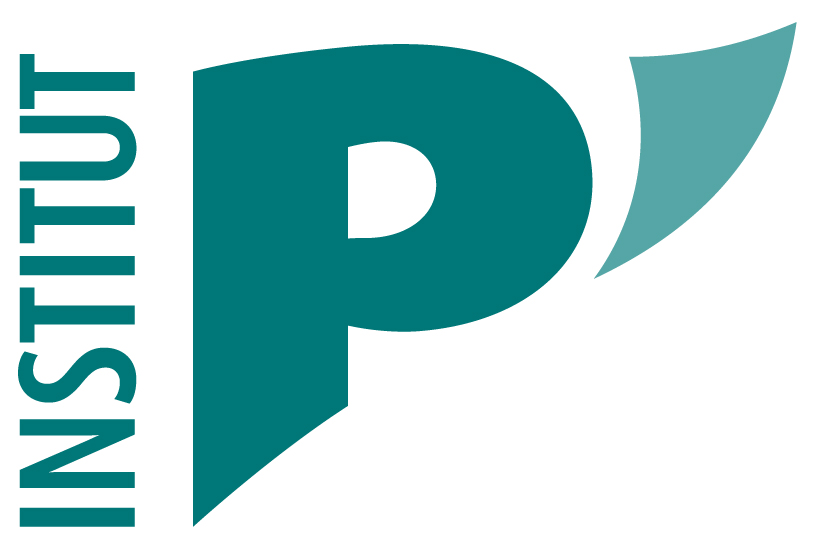 |
Institut Pprime
The Institut Pprime, a French CNRS/Université de Poiters/ ISAE-ENSMA laboratory, UPR 3346, is a world-class research laboratory that covers a wide scientific spectrum ranging from physics of materials to fluid/solid energetics. With more than 500 persons, including 300 academics (permanent positions), the Pprime Institute is one of the larger French institute in engineering. The governance body is undertaken by the Centre National de la Recherche Scientifique (CNRS), the major research organism in France.
Additional information on Institut Pprime can be read on Wikipedia
|
|
|
|
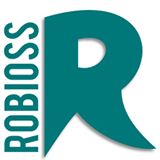 |
Robotique Biomécanique Sport Santé (RoBioSS)
The scientific objectives of RoBioSS focus on the coordination of multibody systems by merging concepts from robotics and biomechanics. RoBioSS is heavily involved in research programs in the fields of sports performance, ergonomics, and personal assistance towards rehabilitation centres. The RoBioSS research group has the theoretical and experimental skills for movement optimization and synthesis, human locomotion analysis of healthy and pathological subjects and, more generally for motor tasks analysis through 3D dynamic and kinematic measures, development of specific ergometers, software, and data processing.
To carry out these actions, RoBioSS owns a platform for human movement analysis of an exceptional level including: 18 force platforms (Kistler, Sensix), 20 optoelectronic cameras VICON T40, 6 digital cameras (SVGA, 500 Hz) and one electromyographic system (Delsys Trigano).
|
|
|
|
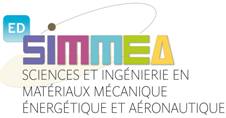 |
Ecole Doctorale SI-MMEA
|
|
|
|
|
EUROPEAN SUPPORT
|
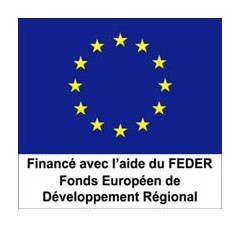 |
European Regional Development Fund
The ERDF focuses its investments on several key priority areas. This is known as 'thematic concentration':
- Innovation and research;
- The digital agenda;
- Support for small and medium-sized enterprises (SMEs);
- The low-carbon economy.
The ERDF resources allocated to these priorities will depend on the category of region. In more developed regions, at least 80 % of funds must focus on at least two of these priorities;
- In transition regions, this focus is for 60 % of the funds;
- This is 50 % in less developed regions.
Furthermore, some ERDF resources must be channelled specifically towards low-carbon economy projects:
- More developed regions: 20%;
- Transition regions: 15%; and
- Less developed regions: 12%.
|
|
|
|
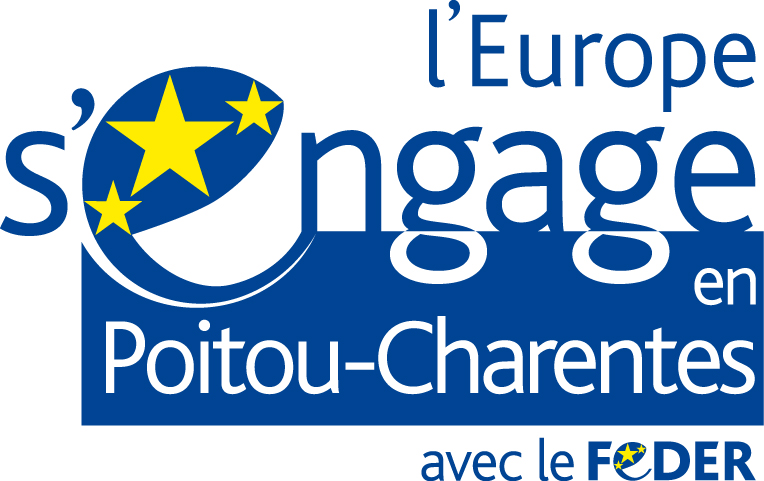 |
The Region and the EU invest for the future in Poitou-Charentes
|
|
|
|
|
NATIONAL SUPPORT
|
 |
Investissement d'avenir
Investissement d'avenir is an investment program of the French State, started in 2010 and still ongoing in 2015. They are managed by the Commissariat général à l'investissement.
|
| |
|
 |
ROBOTEX the French national network of robotics platforms (n° ANR-10-EQPX-44-01)
The main goal of the ROBOTEX is to setup coherent infrastructures of technical equipments in order to :
- Promote scientific exchange and development of collaborative work between academic research teams, companies and end-users, and provide durable and reusable expertise and know–how;
- Give researchers high-level equipments with a facilitated access;
- Increase the visibility of the French robotics academic research and its international impact. It particularly concerns the strengthening of its European scientific leadership, and the increase of collaborative works with leading European countries as well as at an international level;
- Boost the competitiveness of French companies and open new markets based on robotic technologies.
|
|
|
|
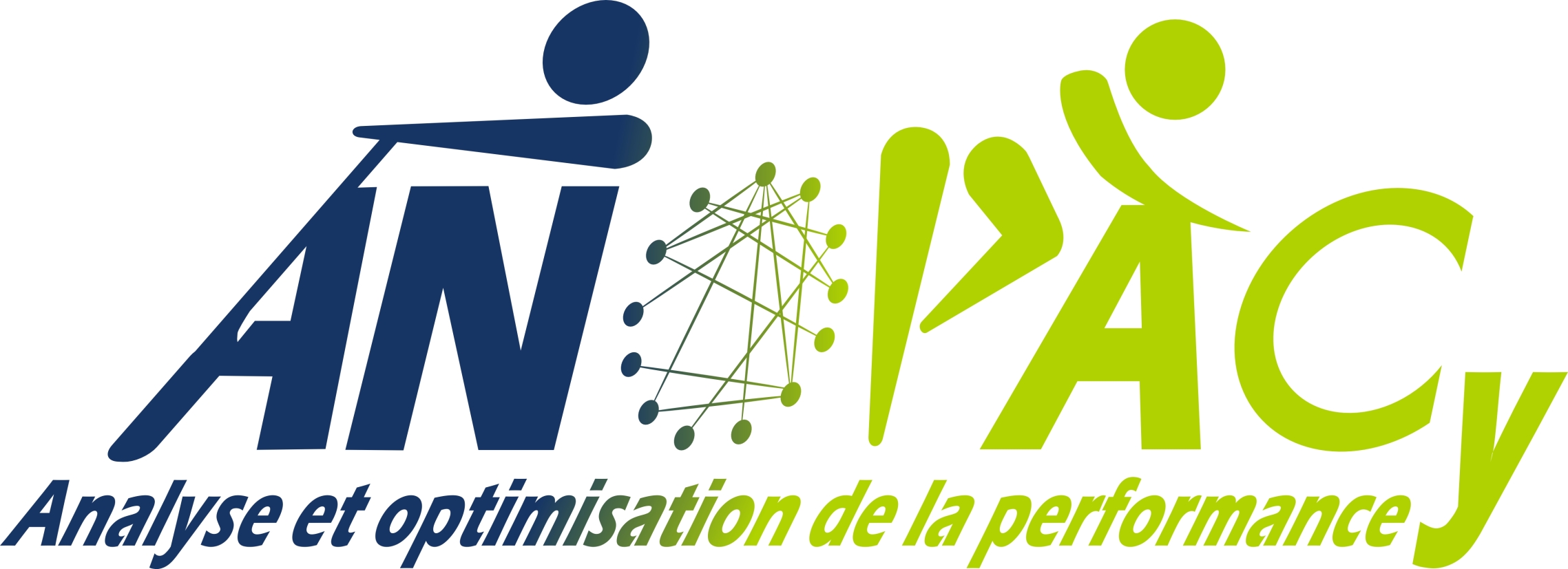 |
ANOPACy
ANOPACy research project aims for studying performance and conditions for its optimization in rowing and cycling, as for answering general scientific problems in various fields : biomechanics, muscular physiology, molecular biology, psychology and ergonomics. The project will also focus on the evaluation of new technologies' impact and innovative methodologies on scientific issues on the one hand, and on sports community on the other hand.
|
|
|
|
 |
The Société de Biomécanique (SB) is an International Society of Biomechanics which regroups scientists from all over the world for which French is the spoken language.
|
|
|
|
 |
SOFAMEA is the gait analysis society for French speakers within Europe.
|
|
|
|
|
LOCAL SUPPORT
|
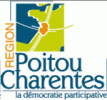 |
Région Poitou-Charentes
Poitou-Charentes is a former administrative region in south-western France. Since 1 January 2016, it is part of the new region Aquitaine-Limousin-Poitou-Charentes. It comprises four departments: Charente, Charente-Maritime, Deux-Sèvres and Vienne. Historical provinces are Angoumois, Aunis, Saintonge and Poitou. The regional capital is Poitiers. Other important cities are La Rochelle, Niort, Angoulême, Châtellerault, Saintes, Rochefort and Royan.
Additional information on Région Poitou-Charentes can be read on Wikipedia
|
|
|
|
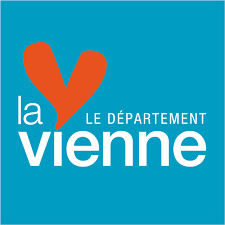 |
Conseil Départemental de la Vienne
Vienne is a department in the Aquitaine-Limousin-Poitou-Charentes region of France named after the river Vienne.
Additional information on Conseil Général de la Vienne can be read on Wikipedia
|
|
|
|
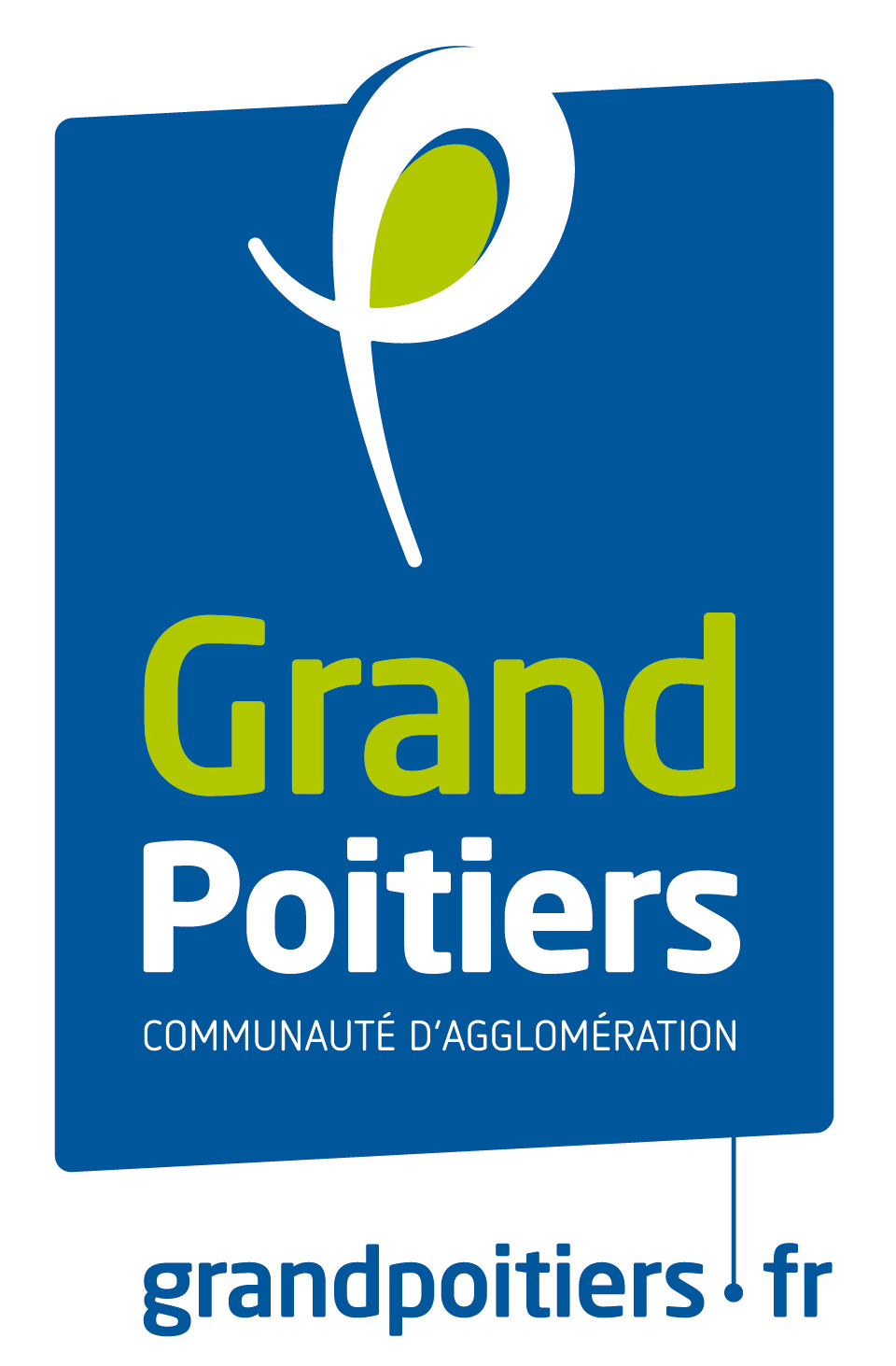 |
Grand Poitiers
Information on Grand Poitiers can be read on Wikipedia
|
|
|
|
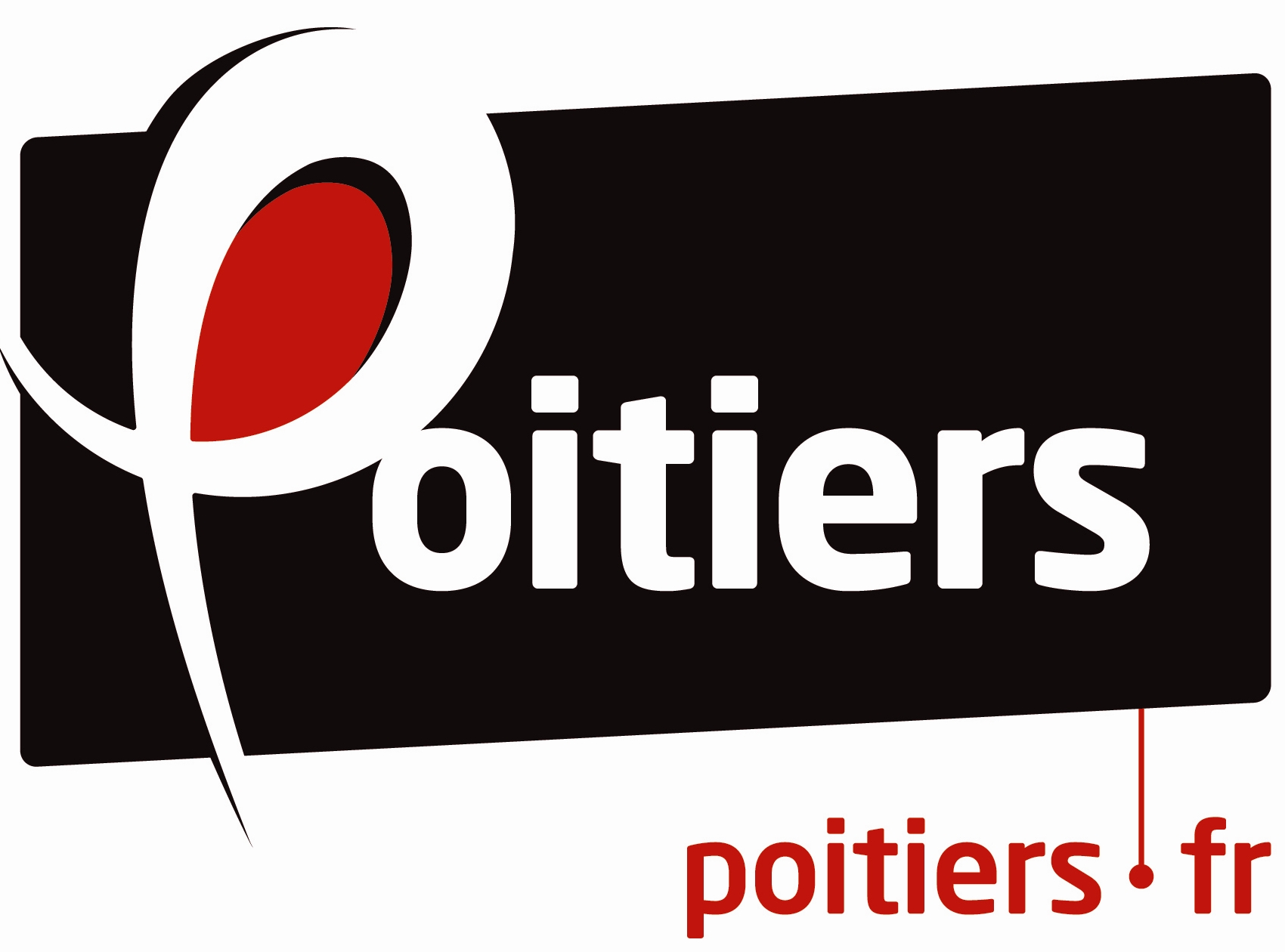 |
Ville de Poitiers
Poitiers is a city on the Clain river in west-central France. It is a commune and the capital of the Vienne department and also of the Poitou-Charentes region. Poitiers is a major university centre. The centre of town is picturesque and its streets include predominant historical architecture, especially religious architecture and especially from the Romanesque period. Two major military battles took place near the city: in 732, the Battle of Poitiers (also known as the Battle of Tours), in which the Franks commanded by Charles Martel halted the expansion of the Umayyad Caliphate, and in 1356, the Battle of Poitiers, a key victory for the English forces during the Hundred Years' War. This battle's consequences partly provoked the Jacquerie.
Additional information on Poitiers can be read on Wikipedia
|
|
|
|
 |
Centre Régional d'Innovation et de Transfert de Technologie Sport et Loisirs
CRITT Sport et Loisirs, an independent and recognized centre for transfert of technology, aims to promote the development of the sports industry and recreation. It has laboratories authorized to test and certify products within this field.
|
|
|
|
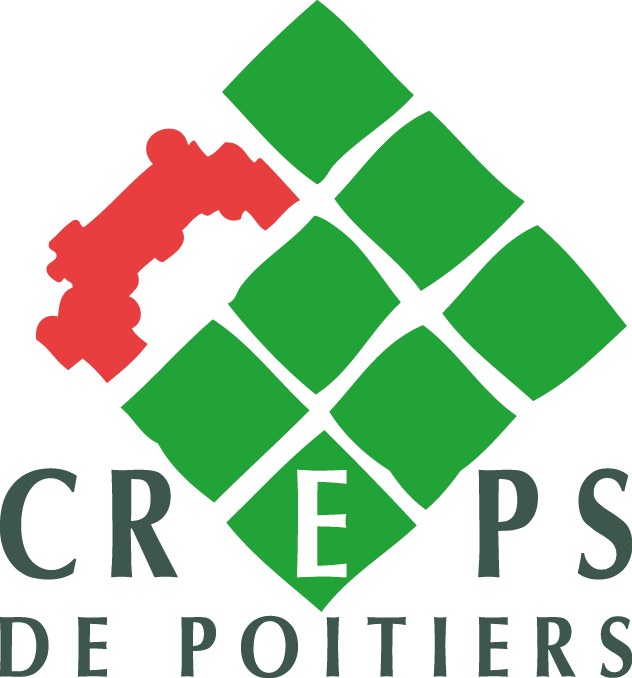 |
CREPS de Poitiers
The CREPS (Centre of Resources, Expertise and Sports Performances ) of Poitiers is a public institution under the supervised authority of the French State ruled by the decree n° 2011-630 published on June 3rd 2011. It is a government enterprise with its own financial and legal autonomy.
|
|
|
|
 |
Centre d'Analyse d'Images et Performance Sportive (CAIPS)
|
|



